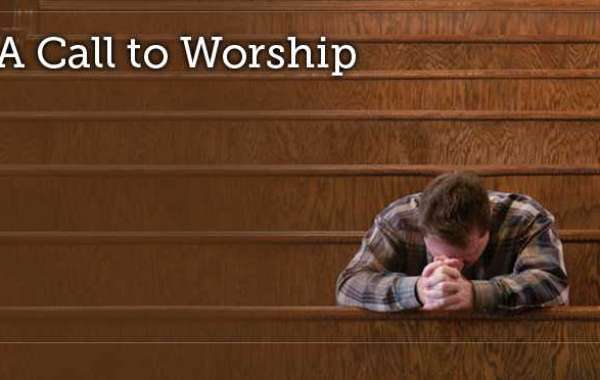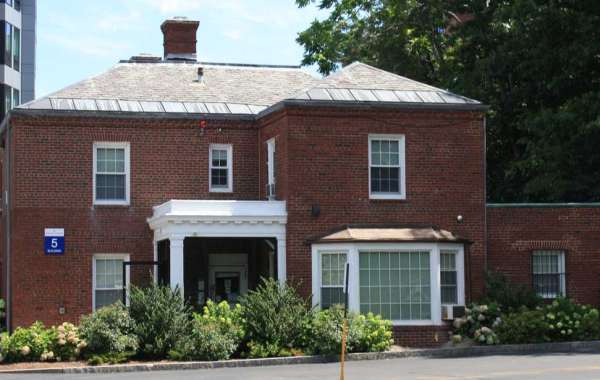In the tapestry of religious gatherings, there exists a moment that transcends mere ritual — a moment where the hearts of the faithful converge, where souls are stirred, and a communal spirit is ignited. This moment is none other than the Call to Worship Prayer, a profound and sacred invocation that sets the tone for the spiritual journey ahead.
**Rooted in Tradition**
The Call to Worship Prayer has deep roots in religious traditions spanning across cultures and epochs. In Christianity, it often marks the beginning of a worship service, signaling the transition from the secular to the sacred. Similarly, in Islam, the Adhan, or the call to prayer, serves as a summons to devotees to assemble for communal worship. Whether it’s the Shofar blast in Judaism or the Puja bells in Hinduism, each tradition has its unique expression of the call to worship, but the essence remains the same — a beckoning to the divine presence.
**A Divine Invitation**
At its core, the Call to Worship Prayer is more than just a vocalization; it is a divine invitation extended to all who seek solace, guidance, and communion. Through the words of the prayer, the worship leader or clergy invokes the presence of the divine, calling upon worshippers to cast aside the distractions of the mundane world and turn their hearts and minds towards the sacred.
**Setting the Tone**
The words spoken during the Call to Worship Prayer are carefully chosen to set the tone for the entire worship experience. They may be reflective, invoking a sense of reverence and awe, or they may be celebratory, inspiring joy and gratitude. Regardless of the mood they evoke, these words serve as a spiritual compass, guiding worshippers on their journey of faith.
**Uniting the Faithful**
In a world often fragmented by differences, the Call to Worship Prayer serves as a unifying force, bringing together individuals from diverse backgrounds under the banner of shared reverence and devotion. In this moment of collective prayer, distinctions of race, nationality, and social status fade into insignificance as worshippers stand united in their pursuit of the divine.
**A Gateway to Spiritual Experience**
For many, the Call to Worship Prayer is not merely a prelude to the main event but a profound spiritual experience in its own right. It is a moment of introspection, where the soul reaches out to the divine in search of solace, guidance, and renewal. It is a reminder of the sacred within the ordinary, the transcendent within the mundane.
**Conclusion**
In the tapestry of human spirituality, the Call to Worship Prayer stands as a timeless symbol of our collective longing for the divine. Through its words and rituals, we are reminded of our shared humanity, our shared quest for meaning and transcendence. In this sacred moment, we are invited to set aside our differences and unite in the presence of the divine, drawing strength and inspiration for the journey ahead.







